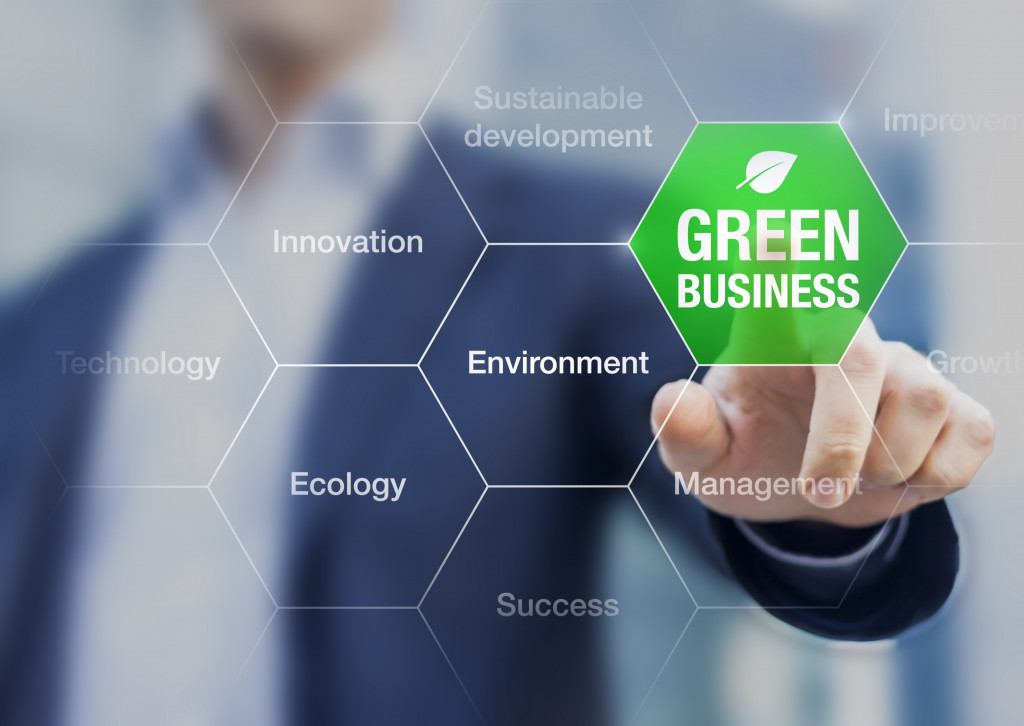A 2017 study found these staggering takeaways:
- 68 percent of millennials bought products because of environmental and social benefits
- 87 percent of millennial consumers gain a positive view of a company that cares about environmental and social issues
- 88 percent of them will be loyal to a brand that is committed to helping people and the planet,
- 92 percent will be more likely to support brands that care about these causes, and
- 87 percent of them would also buy environmentally and socially aware products if they are given the opportunity.
These numbers show that consumers are becoming increasingly aware of how their purchasing choices affect the planet and the marginalized in society, and the pandemic certainly accelerated this trend even further. Generation Z, in particular, is known for having sustainability as one of their priorities when making shopping decisions—a trend that brands cannot neglect.
Companies cannot afford to ignore the growing environmental consciousness among consumers. Here are some ways they are growing in environmental awareness and changing processes to accommodate these convictions.
Corporate social responsibility (CSR)
Here are some brands who are doing CSR successfully in 2021:
- While known for being a front liner in big pharma, Johnson & Johnson has been known for reducing its carbon footprint for the past three decades, long before environmentally friendly practices were discussed in mainstream consciousness. They have a wide range of initiatives, from using wind power to provide clean water for underserved communities across the globe to their investment in a privately-owned energy supplier to reduce pollution while searching for a renewable yet economical alternative to traditional electricity.
- On the social front, entertainment giant Netflix recently pledged to provide 52 weeks of paid parental leave to employees who are birth parents and non-birth parents. They are allowed to utilize these leaves at any point in their children’s lives. 52 weeks is an impressive number since 18 weeks is the median amount at other big tech companies.

Green-tech
Companies big and small are finding ways to change their day-to-day operations into more eco-friendly practices. Their efforts range from using less plastic and slowly moving to recycled packaging without greenwashing. Another way that companies can make their daily processes greener is by using green-tech such as smart energy, solar-powered chargers, eco-button, and even switching to a solution like the Zycoo IP phone system to connect employees. Here are some examples of companies that are moving towards green technology in their processes:
- The Bank of America successfully cut back on its paper requirements by about 21 percent, and its internal recycling program manages to recycle around 30,000 tons of paper annually. The bank’s ultimate goal is to support the Paris Climate Agreement by achieving net-zero greenhouse gas emissions in all of its activities, supply chain, and operations before 2050.
- Walmart retail stores boast of only using 100 percent renewable power sources, and all of its transportation and delivery systems run on fuel efficiency.
Ethical sourcing
Unethical supply chains are one of the scourges of our humanity—one that shows how big corporations care more about profit than providing people the dignity they deserve. From human trafficking to forced labor to inhumane wages, there are so many ways corporations big and small have taken advantage of the most vulnerable people across the globe.
Thankfully, many businesses are moving away from these practices by committing to ethical sourcing both in word and deed. Here are some examples of companies that pledged commitment to ensuring the health and safety of every worker in their company:
- After being exposed in 2012 for worker exploitation in Bangladesh, the company increased transparency around the problem. They rolled out a project that would enable factory workers in Southeast Asia to send text messages to hotlines if they experience poor working conditions or anything that they feel compromises their rights. The Adidas Group also pledged to disclose its activities as well as primary suppliers and subcontractors.
- Another brand that has pledged commitment to ethical sourcing is Starbucks, known for its commitment to 100 percent sustainably sourced coffee as a centerpiece for its brand identity. The company uses third parties to ensure that they are always reaching its goals for ethical sourcing.
Companies big and small can choose not to cut corners where the welfare of human beings and the planet are concerned, and thankfully, the biggest corporations are leading the charge towards this change. We are in the midst of a climate emergency and a humanitarian crisis, and the world’s biggest corporations can do so much to change things.

